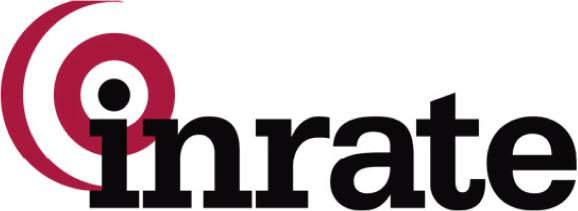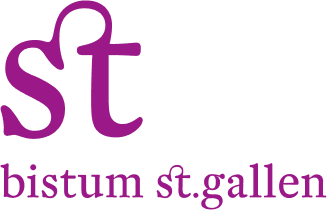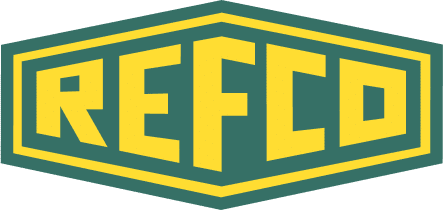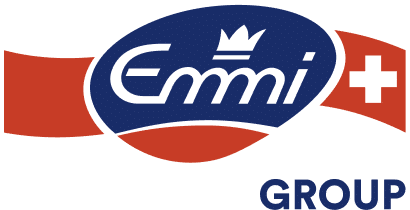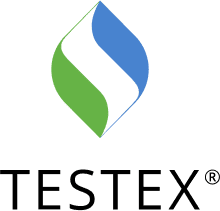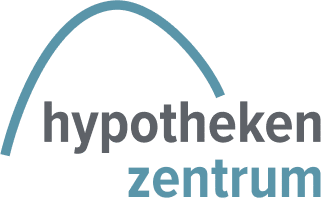With professional Delphi maintenance and Delphi support, your existing Delphi software remains secure in operation, well-documented, and ready for a gradual Delphi modernization in Switzerland.
- Ongoing documentation and knowledge preservation prevent loss of know-how and make even decades-old Delphi code maintainable again.
- Code reviews expose security gaps, outdated drivers, and faulty memory management, thereby reducing acute risks.
- An experienced partner combines Legacy Software Support with gradual modernization without jeopardizing ongoing operations.
Many companies in industry and medium-sized businesses have relied on Delphi for their core processes for years. These systems often run stably: they control Production, Planning, or Billing and are closely interlocked with daily business. A complete replacement is neither economically nor strategically sensible for many companies. However, this stability can be deceptive.



